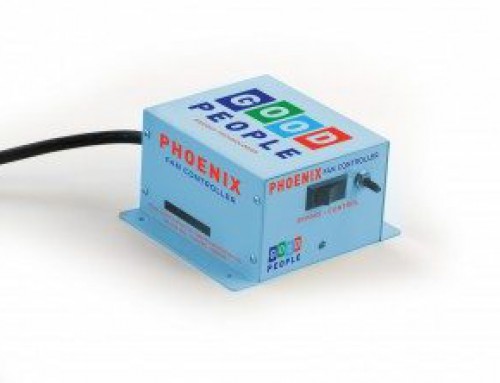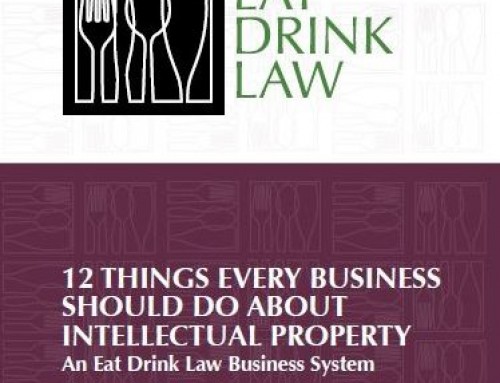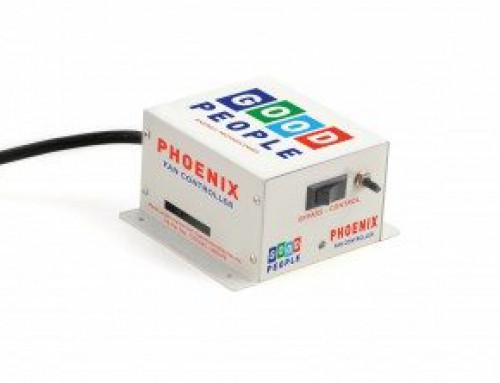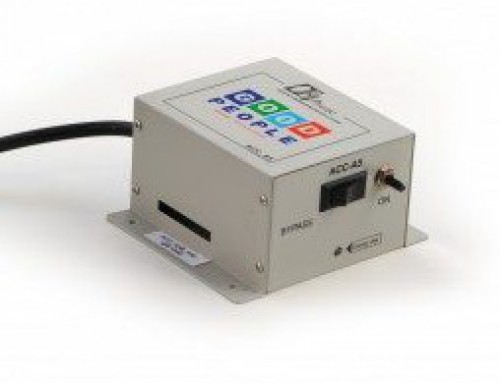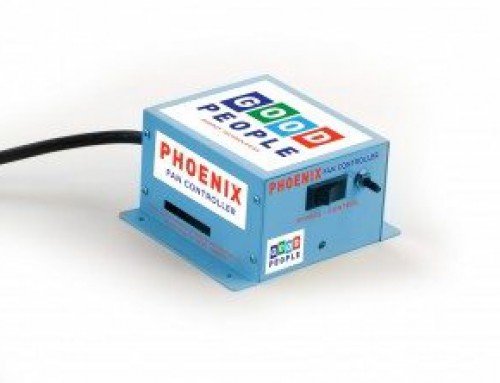Guest Post By Charles H. Knull
It isn’t often that the U.S. Supreme Court weighs in on food related issues, even more rare that we see Food & Drug Administration policies pitted against unfair competition under the Lanham Trademark Act (that’s right, a food law v. IP law smackdown). Chuck Knull has contributed the guest post below summarizing what went down.
For many years, food manufacturers have relied on FDA regulation of food labeling to block law suits brought by consumers and competitors who claimed that the manufacturers’ products had misleading labels. It was thought that if the label met the FDA standards, then it could not be misleading.
This has changed with the U.S. Supreme Court’s decision in Pom Wonderful v. Coca-Cola. The offending product is a juice blend that Coca-Cola prominently called “Pomegranate Blueberry.” But the juice was mostly other juices and, in fact, had 0.3% pomegranate juice and 0.2 % blueberry juice. It was overwhelmingly (cheap) apple and grape juice. Pom filed a lawsuit against Coke under the Lanham Trademark Act alleging unfair competition.
Coke defended by saying that its labeling was fine under the Food Drug and Cosmetic Act statute and rules, and because of that, Pom’s claims of the product being deceptive and misleading, i.e., acts of unfair competition, could not be considered. Coke has case law to support it, as the courts had focused on the “misbranding” designation in the FDCA that could apply to a product such as Coke’s juice, but did not, since the FDA rules would not call such a juice “misbranded” (as preposterous as that may appear).
The Supreme court extensively reviewed the Food and Drug Act and found that there was nothing in it saying that the Act precluded bringing an action for unfair competition and that even if a product was not “misbranded” it could still be deceptive and misleading to consumers and harm competitors who actually put major amounts of pomegranate, blueberry, or other juices in their juices.
Pom Wonderful still has to prove that Coke’s product was deceptive and they were harmed by it. But at least they get the chance to defend the notion that consumers expect more than 0.3% in their pomegranate juice.
You can read the full legal opinion here.
This is a Guest Blog by Legal Expert Charles H. Knull (aka. Chuck). Chuck is the founder and owner of Knull P.C., an intellectual property boutique law firm with offices in Cooperstown, NY and New York City. He is focused on trademark and copyright dispute resolution and counseling. Contact him via www.KnullPC.com/contact.



